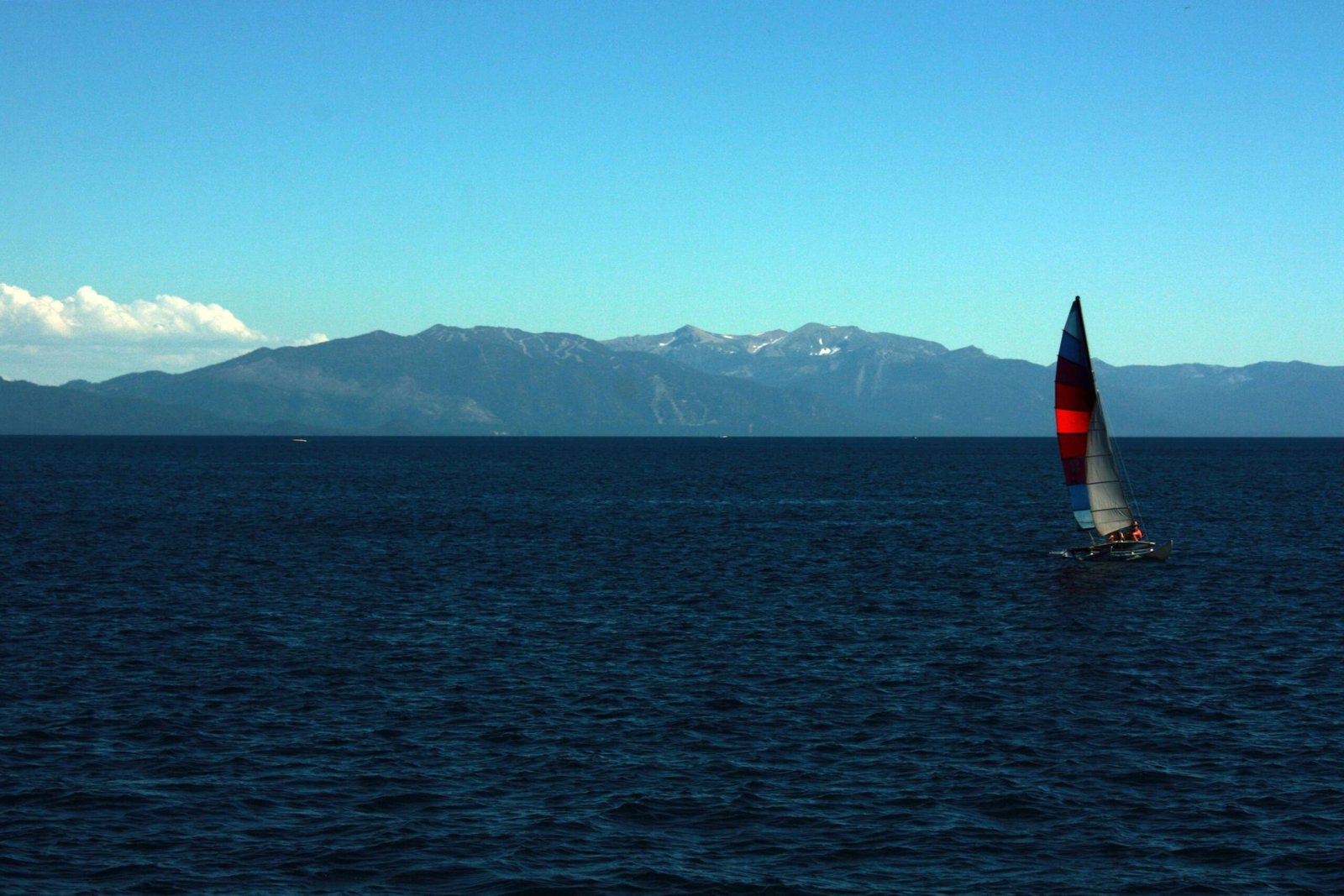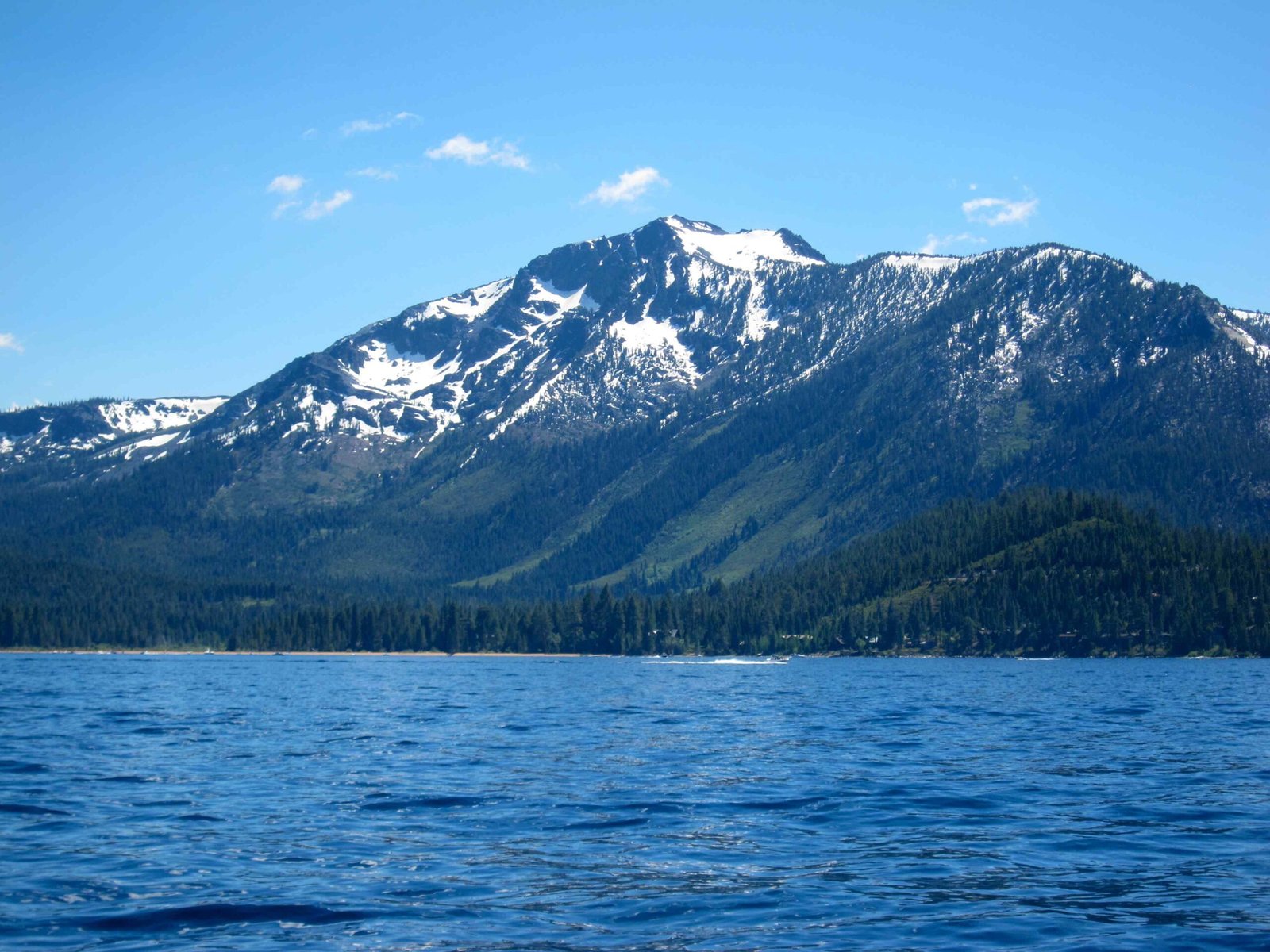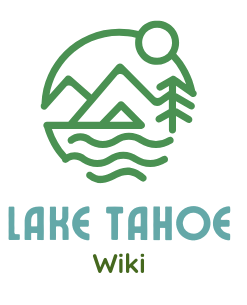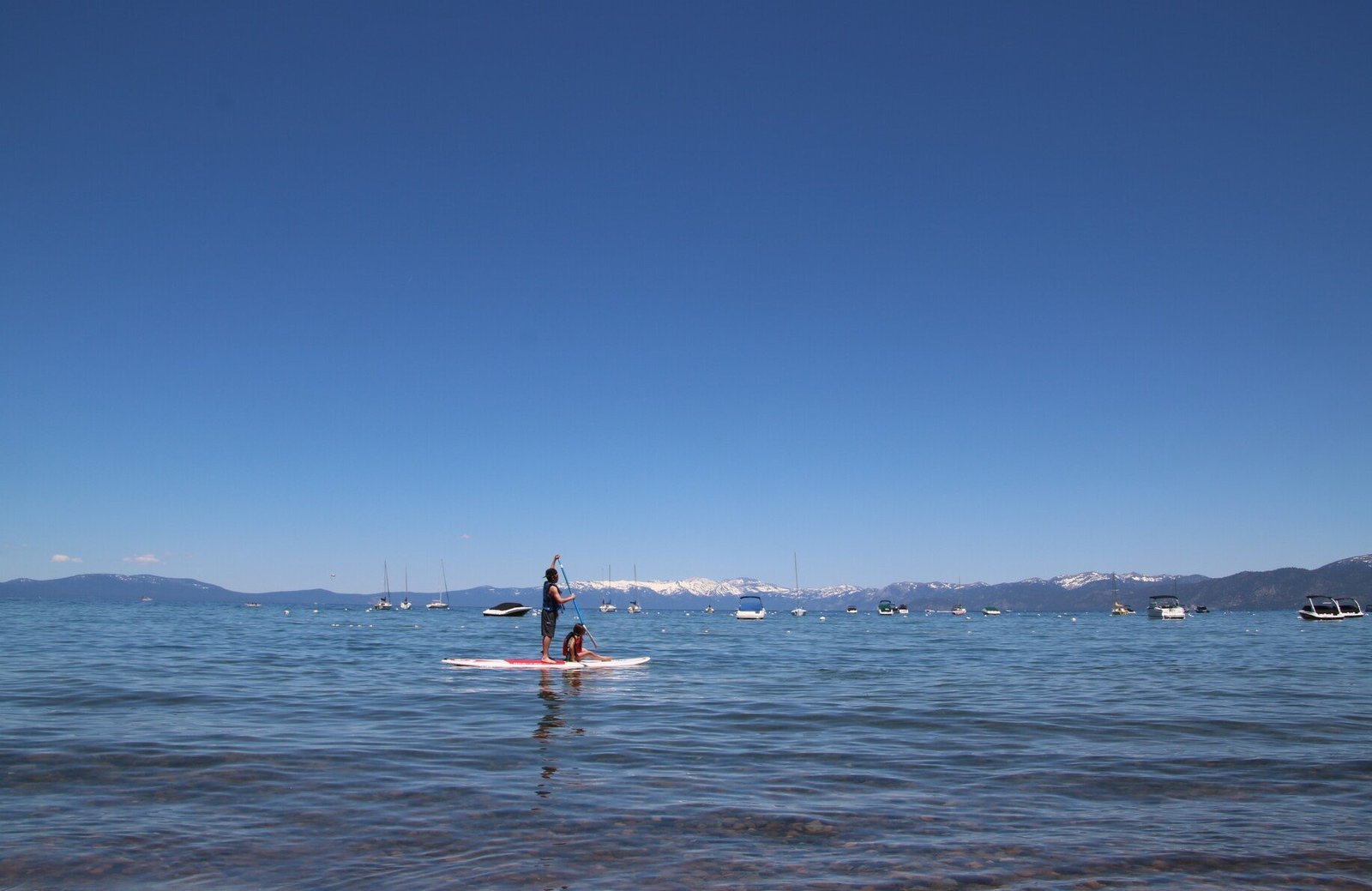Lake Tahoe’s pristine ecosystem demands rigorous protection against aquatic invasive species (AIS). Kayakers must understand comprehensive inspection protocols to preserve the lake’s ecological integrity. Every non-motorized watercraft requires thorough cleaning, draining, and drying before and after launching, with mandatory inspections ensuring environmental conservation and preventing potential biological contamination.
What Are the Primary Inspection Requirements for Kayaks?

Kayak inspections at Lake Tahoe are not optional but a critical environmental safeguard. The primary requirements include:
- Complete Cleaning Process
- Remove all visible plant materials
- Eliminate mud and debris
-
Wash entire kayak surface thoroughly
-
Drainage Protocol
- Empty all water compartments
- Drain storage areas
-
Ensure no residual water remains
-
Drying Procedure
- Air dry kayak completely
- Minimum recommended drying time: 48 hours
- Use towels for accelerated drying
Why Are Kayak Inspections Mandatory?
Lake Tahoe’s unique ecosystem is vulnerable to invasive species that can:
– Disrupt native wildlife balance
– Compromise water quality
– Alter ecological interactions
– Reduce biodiversity
| Potential Invasive Species | Ecological Impact |
|---|---|
| Zebra Mussels | Rapid reproduction, filter water ecosystem |
| Eurasian Watermilfoil | Chokes native plant growth |
| New Zealand Mud Snails | Outcompete native species |
Where Can Kayakers Get Inspections?

Inspection locations include:
– Lake Forest launch ramp
– Cave Rock launch ramp
– Designated trailheads around Lake Tahoe
What Is the Inspection Process?
Professional inspectors will:
– Ask about recent water body visits
– Physically examine kayak surfaces
– Check for potential contamination
– Perform free decontamination if necessary
Are There Any Costs Involved?
- Basic inspections: Free
- Optional appointment: $15
- Decontamination: Potential additional fee
Key Recommendations for Kayakers
- Always self-inspect before and after launching
- Carry cleaning supplies
- Allow sufficient drying time
- Follow “Leave No Trace” principles
- Check local regulations before paddling
Legal Considerations
- Nevada side requires AIS decal
- 600-foot no-wake zone enforcement
- Restricted shoreline camping
Pro Tips for Kayak Maintenance
- Use biodegradable cleaning solutions
- Invest in quick-dry kayak materials
- Develop a consistent cleaning routine
- Stay informed about local AIS updates
Important Note: Compliance is not just a recommendation but a legal requirement to protect Lake Tahoe’s extraordinary ecosystem.
References:
– Lake Tahoe Water Trail FAQs
– Tahoe Boat Inspections
– Tahoe Keepers AIS Prevention

